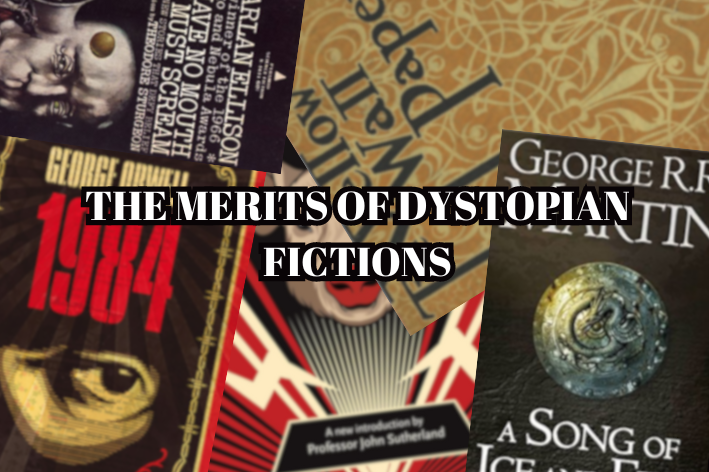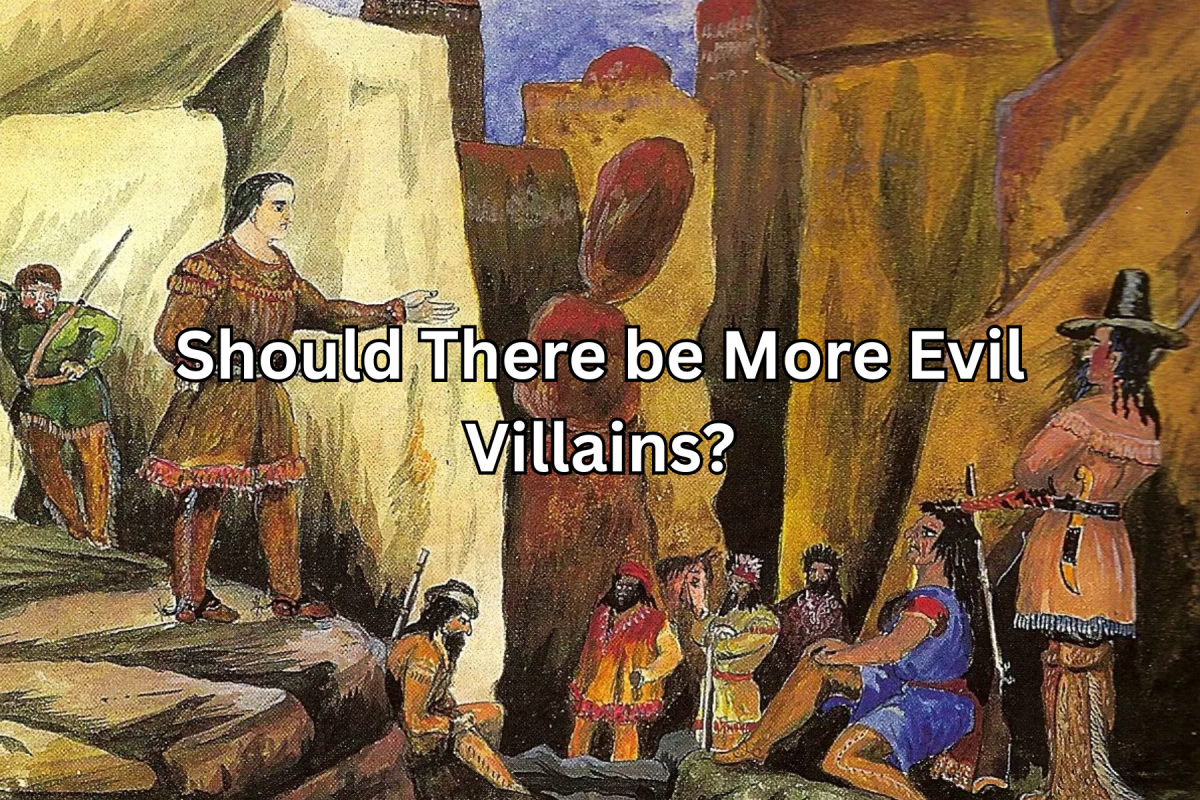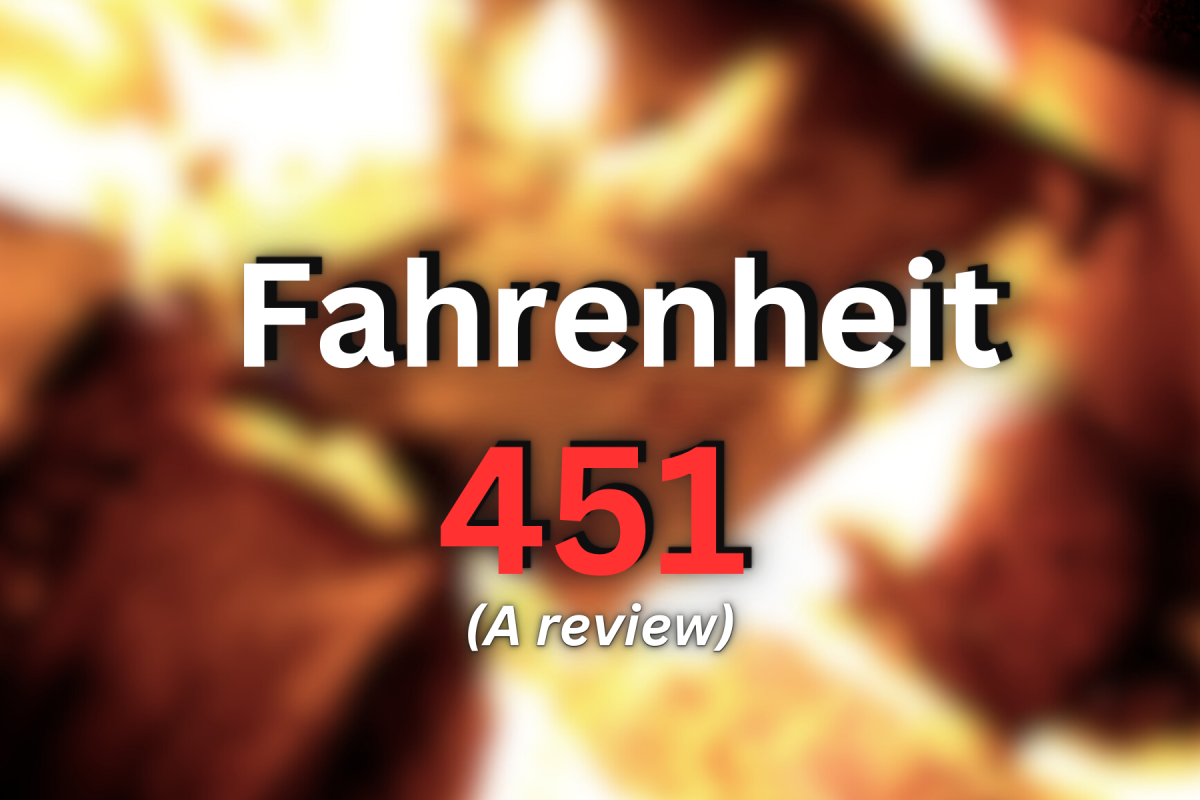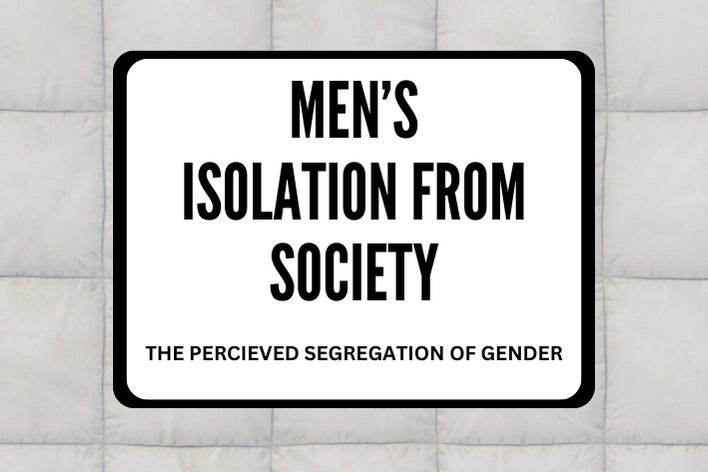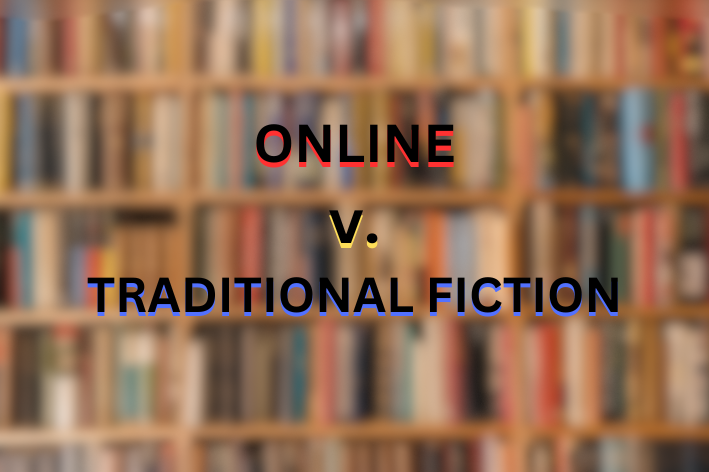The existence of “Game of Thrones”, “Warhammer 40k”, and “1984” as prominent pieces of media with large fan bases implies some kind of sadomasochistic fantasies in potential readers.
‘Realistic’, and ‘what would probably happen’ get thrown around a lot when people try to describe these pieces of media, and while these settings gain more and more similarities to our reality every passing day, the further you dive into these pieces of fiction, the more sad it becomes that it’s viewed as ‘a potential look into the future of humanity’. But what exactly is a dystopia, and why do so, so many people love reading them?
“Literature that provides a criticism of something,” said Kayci Teghtmeyer, an AP English teacher here at Great Bend High School. Continuing, “authors use it to provide an analogy or some kind of critique on conditions, (like) the human condition, the human psyche… whatever it is, it’s a way to provide commentary on something in more of an indirect fashion.”
“(A dystopia is) a world with an oppressive government where people don’t even think of resisting because they don’t know how to,” said Nathanial Campbell, a student from GBHS. “(My experience has been) mostly on YouTube, watching gameplays of things like “Wolfenstein” and seeing videos covering books and movies like “1984 “.”
While you might not have heard of the term dystopia before, you’ve probably encountered its more well known brother, the utopia. Now, a utopian society is perfect. It is the ideal which all nations should strive to be. It isn’t an exact layout of plans for what the best city should be, but more an idea that once all social, political, and crime related issues are dealt with and the populous are allowed to work and live happily that a town, village, city or some other center of population would have reached the moniker ‘utopian’.
It’s… vague, and more than slightly outdated, being coined in the 1500s, but it’s a good word for obsessive book nerds to throw around and for when you just want to talk about something hyper-specific that only other obsessive book or philosophy nerds would know about.
Now, if a utopia is perfect, and if I listed both “1984” and “Game of Thrones” as dystopias, then dystopias must just be the most imperfect and horrible societies in existence? Eh- kinda. In general, that’s what a dystopia is, but there’s a bit more nuance to it than that when it comes to literature anyway. Let’s look at “1984” by George Orwell first. A book about a very flawed man in a country where nearly every square inch is under constant surveillance. Their thoughts are quite literally illegal, and everything anyone does is constantly monitored. It’s not a happy book, and definitely not for the faint of heart, and there’s more than a few problematic elements to it–Wilson is a seriously flawed character–but it’s a very good read.
And, it’s a mirror to a utopian idea of individuality. It came from Orwell’s own fear of surveillance, and the book seems even more relevant today. How do you think George Orwell, a man who was so concerned about privacy that he eventually wrote a revolutionary novel about it, would feel about cell-phones?
You know, the things that are literally telling big monolithic towers of twisting steel and lightning exactly where you are as long as you’re within range of them and have your phone on you? Oh, and these monoliths are all throughout the world, in nearly every country with a population higher than one million?
That sinking feeling you got when you were a kid and you realized the universe was oh so large and that you were too small to even think of its walls. That exact feeling is what a dystopia is. It starts in your mouth with your tongue feeling like led, dry and thick as you lick your lips for any sign of reprieve before traveling down your throat and into your lungs and stomach. There, it begins to constrain, squeezing your chest like a vice, trying to force you to hurl before tightening around your neck too, preventing any bile from escaping. And finally, it finds its way to your heart, where it makes its own home like the grim reaper of ‘I told you so’s’. It’s not a good feeling, but like most strong emotions, there’s a market for it.
Dystopias explore that feeling of sheer hopelessness. A world where nothing but abject despair remains. And while it often paints a black and white picture of both society and morality, it is still an extremely interesting genre of fiction. And as such, before I say goodbye, I’m going to give some dystopian recommendations for you to check out!
“The last one that I taught was “The Yellow Wallpaper”, the short story…” continued Teghtmeyer, referring to a dystopian short-story about women’s rights. A quick read, and progressive in its own depressing sense. “The Yellow Wallpaper” is a good story to start with before you toss yourself into the deep end of dystopian fiction.
“A Song of Ice and Fire”, or “Game of Thrones” as you probably know it, is a great read, and from what I’ve heard, the show is grand too. It’s definitely dystopian in setting, so don’t expect it to pull any punches.
“Animal Farm”, by the same author as “1984”–George Orwell–, is both a critique and… endorsement–maybe?–of communism. Honestly, I wasn’t the biggest fan of it, but I know a lot of people who are. Check it out.
Now- go pick up one of these or search for your own. With the creation of the World Wide Web, there is an endless supply of Dystopian works online as well, like the web novel “Worm.” Go, read ‘em all and then question your own sanity after reading them all and asking for more.

